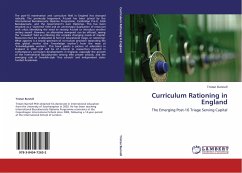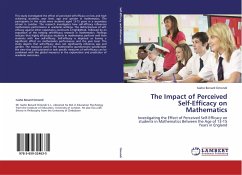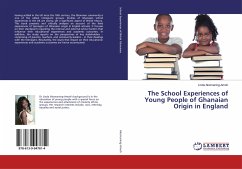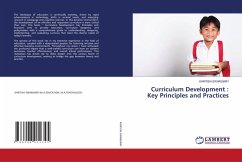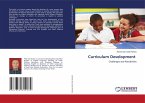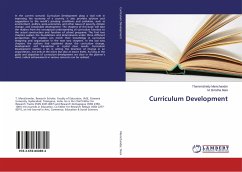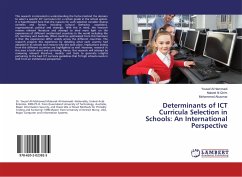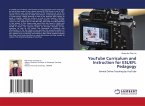The post-16 examination and curriculum field in England has changed radically. The previously hegemonic A-Level has been joined by the International Baccalaureate Diploma Programme, Cambridge Pre-U, AQA Baccalaureate, and the Government s own Diplomas. This has been attacked as a cluttered field and an unnecessary duplication of resources with critics identifying the need to revamp A-Level or introduce another unitary award. However, an alternative viewpoint can be offered, seeing the crowded field as reflecting the complex changing needs of Capital. Resources must be re-allocated (a form of educational triage, or rationing). What appears is a broad spectrum of curriculum provision separating the elite global worker (the knowledge worker ) from the mass of knowledgeable workers . This book paints a picture of education in England in 2020 and will be of interest to researchers involved in contemporary curriculum developments in England, especially the growth of the International Baccalaureate among elite private schools, and the emerging role of Swedish-style free schools and independent state-funded Academies.
Bitte wählen Sie Ihr Anliegen aus.
Rechnungen
Retourenschein anfordern
Bestellstatus
Storno

